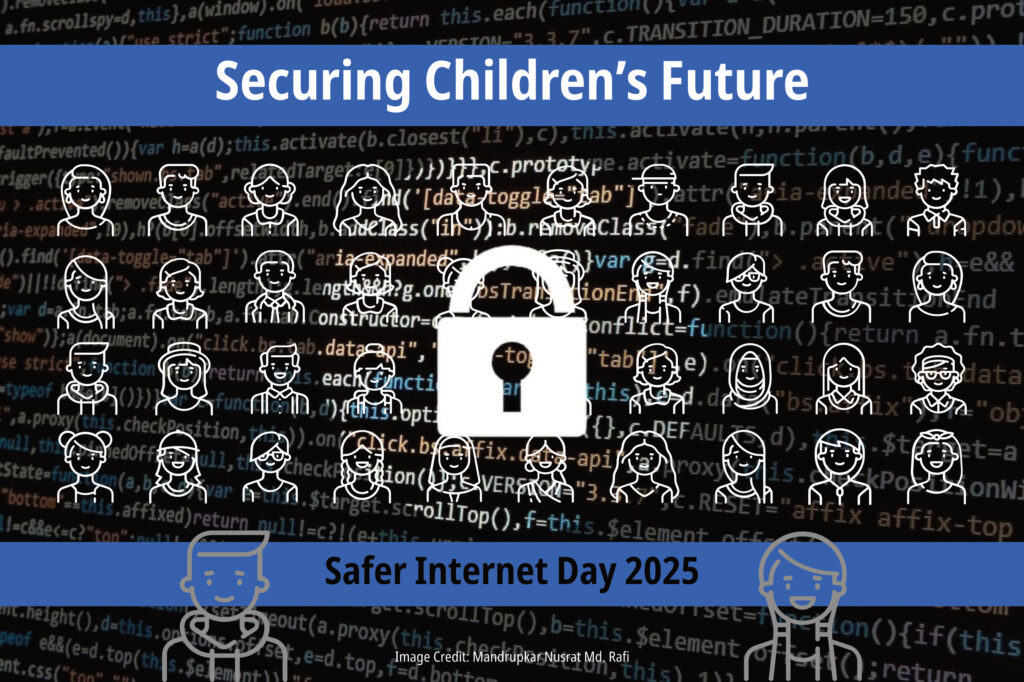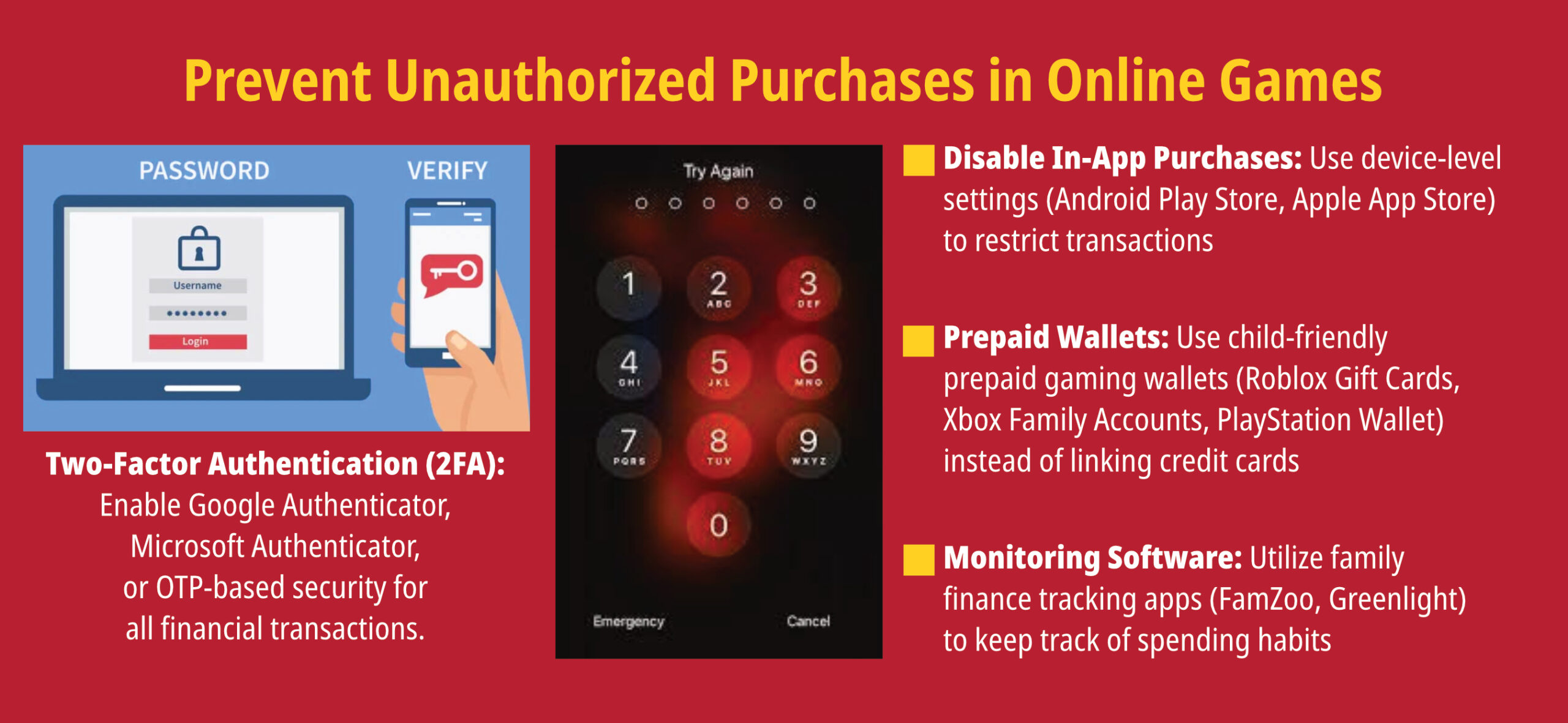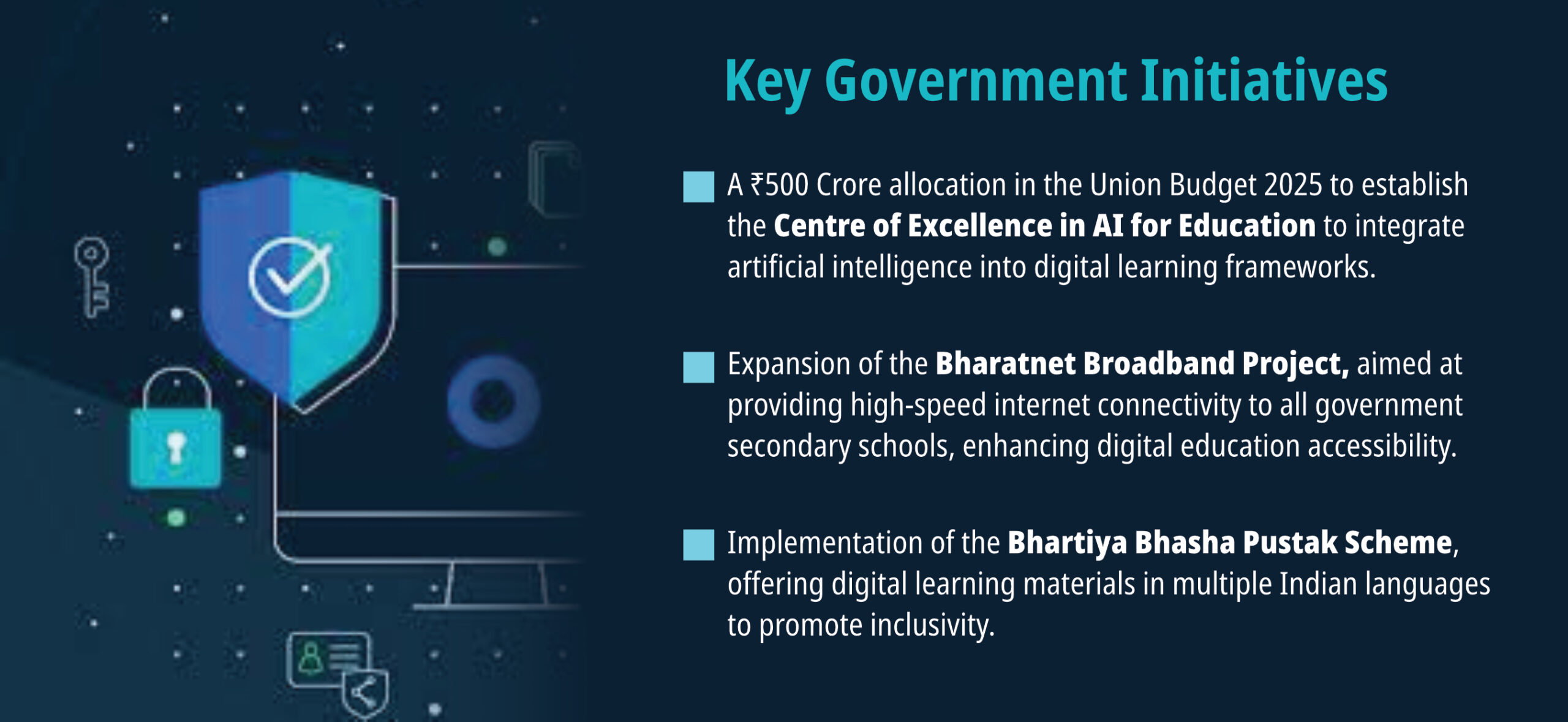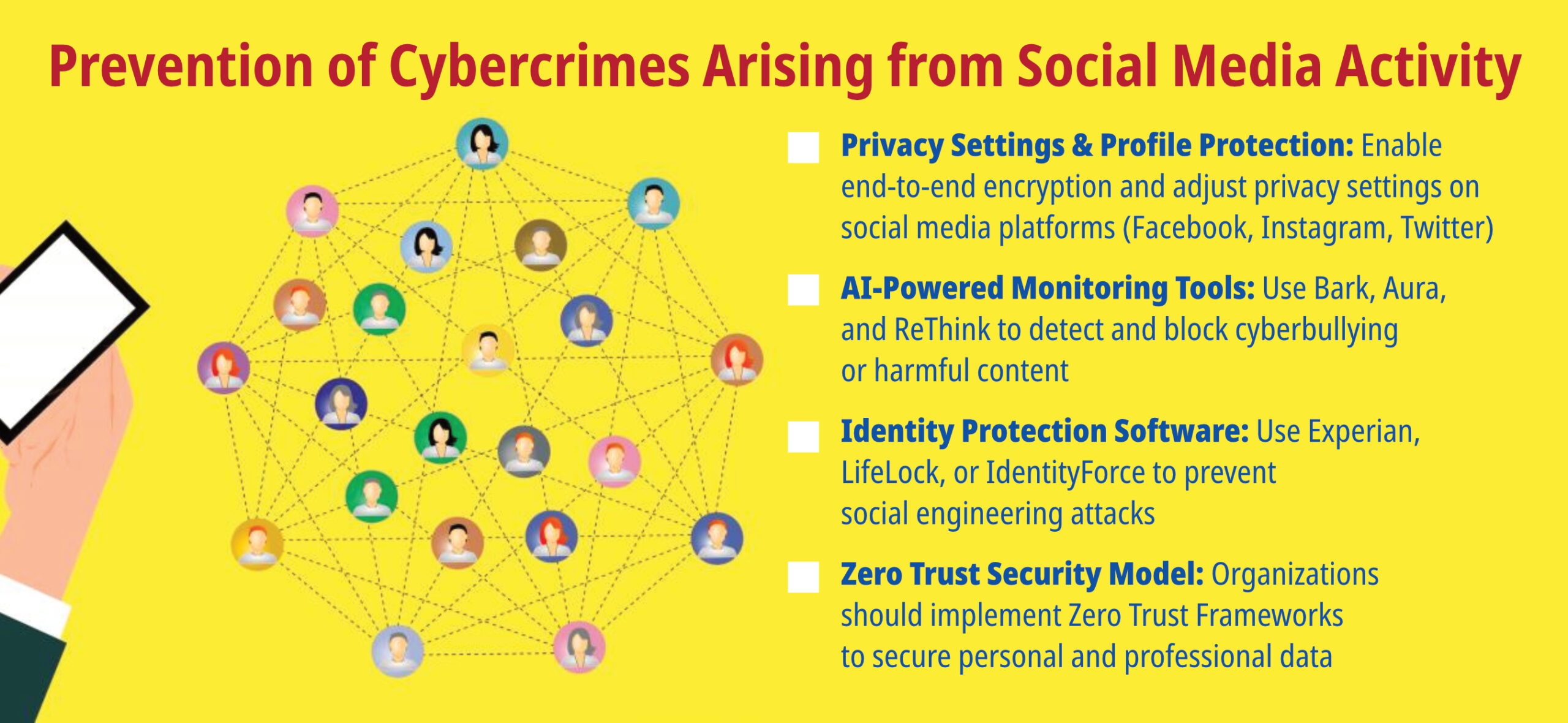Since birth, we have been asked to create an identification mark for ourselves: a birth certificate and, as we grow up, an Aadhaar Card. While carrying physical copies of these important documents has been the norm, the world is moving swiftly towards digital documents, and this is where internet safety comes into play. To educate children and adults about using the internet and how to be safe on it, February 11 is being celebrated as Safer Internet Day 2025.
The Voices talked to parents, educators, students, and industry experts to showcase a comprehensive approach to a better and safer internet.
Pandemic Forces Everyone to Go Online
The pandemic limited everyone’s mobility, and with that, education and work both moved online. Shagufta B, a Cloud Infrastructure Modernization Specialist at a large tech firm, says, “This resulted in increased risks of exposing them to cyber threats, including cyberbullying, privacy breaches, inappropriate content, etc.”
She focuses heavily on children’s safety. She says parents are responsible for raising awareness and teaching children about “stranger danger” in online activities. Shagufta recommends small but impactful measures, such as creating unique passwords, to keep the children safe.
Deepak Ravikumar, CEO of LearnLike, (Director, Training and Development), Cybervault, and a parent, is deeply concerned with the multilayered challenges children and society face in today’s digital world. Speaking to The Voices, he highlights several critical issues, such as children’s exposure to adult content. He says, “The focus must be as much on the creation of cybersecurity professionals as on digital literacy and cybersecurity practices.”

Amit Kr. Ghosh, Sr. Manager – Marketing & Communications, Data Security Council of India, discusses how cybercriminals make women and children a soft target and often try to trick and scam them. He highlights that at their level, the DSCI is trying to educate the children so that the online environment is safe and promotes learning and growth. “Our initiatives are school-level awareness drives that impart cyber and online privacy awareness among Young Indians from class 6 to 12. All our programs are free of cost for beneficiaries and supported by industry partners.”
Digital Literacy’s Reality
A transition has taken place to create a place for digital literacy nationwide. Dr. R. Ravi Kumar, Professor of Mass Communication & Post-Doctoral Fellow (pursuing) in AI, Data Journalism, Analytics, and Media Entrepreneurship, Bangalore, believes, “The internet has become an indispensable learning tool, yet it’s safe and responsible use among children remains a pressing concern.” He adds that it is important to take online safety measures in consideration as we are moving swiftly towards this transformation.”

Professor of Mass Communication
Dr. Ravi Kumar further said that AI is a great tool to enhance digital safety since it enables real-time content moderation and can detect threats like cyberbullying, phishing, and misinformation. “As we observe Safer Internet Day, our approach must move beyond access to fostering a culture of responsible digital engagement. Strengthening AI-powered cyber education, equipping teachers and parents with the right tools, and embedding digital ethics in school curriculums will be crucial in shaping a generation.”
The Legalities
Guna Ram, Inspector of Cyber Crime Unit, Vijayawada, states that our country faces high online risks due to the greater use of online platforms for education and communication. Cybercrime against children is alarming with cyberbullying, inappropriate content, online sexual abuse, grooming, and privacy breaches taking the top spot, children should be taught to ‘think before you click’. The cases of child p*rn*graphy in India are surging with the rise in reported incidents. Arrests related to these offences are also on the rise. The habit of putting every activity on social media platforms, especially by teenagers and young adults, has given rise to cyber crimes. 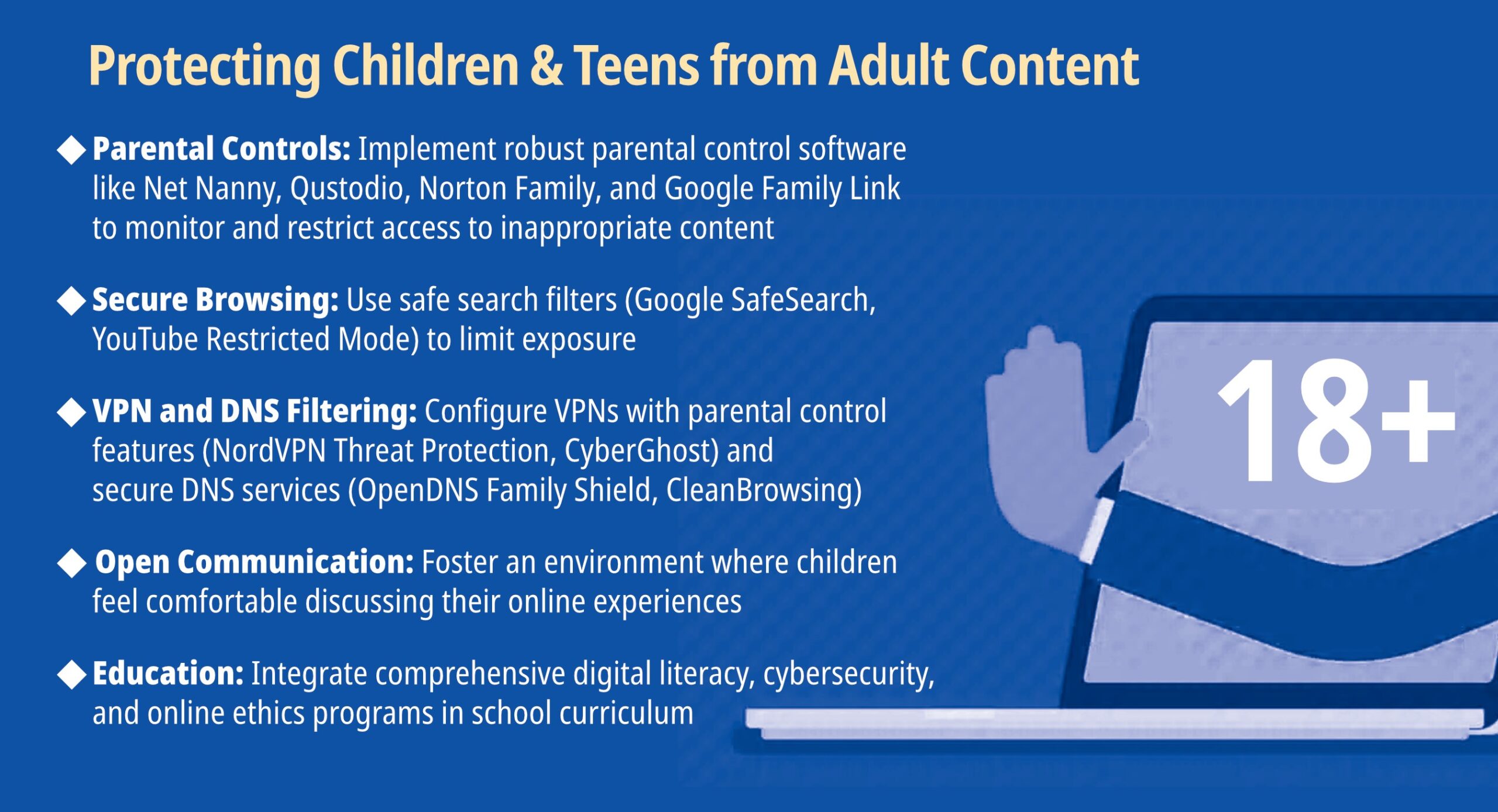
“With girls falling prey to DeepFake photos and videos, the situation is alarming. Parental intervention is a must. Parents must also put in 2-factor Authentication (2FA) and disable in-app purchases,” he adds.
Safer Internet Day 2025: Parents and Children Express Their Concern
Udayani Chikka, a parent from Andhra Pradesh, worries about children’s unsupervised internet usage. She tells The Voices, “There is an urgent need for parental awareness and guidance so that they can teach the children the dark side of the online world. We need to teach our children the Internet just like we teach them how to read and write. Not talking to strangers should be extended to digital platforms, too.”
Noumann, a 15-year-old student from Andhra Pradesh, shares his mixed experiences with internet access: “The internet helps me learn beyond textbooks. Sometimes, I encounter confusing or inappropriate content. More guidance through regular talks and seminars on navigating online spaces would be helpful.”
Leading tech giants like Google, Meta, and Microsoft promote safer online experiences. While Google offers interactive modules for students, Meta has enhanced its platforms’ parental control features.
Copy Editor: Aaryanshi Mohan

